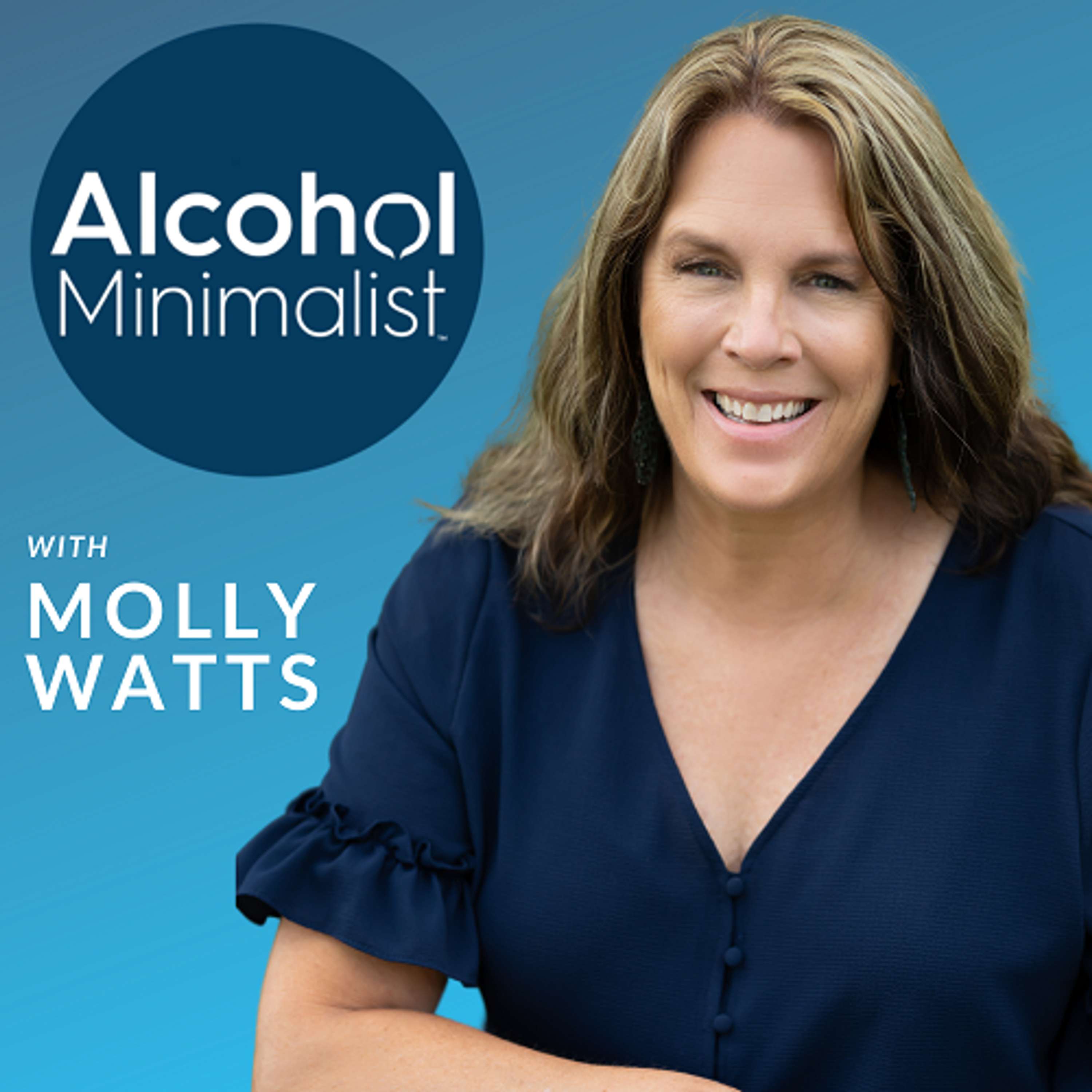
Six Keys to Changing Your Relationship with Alcohol 2.0

Alcohol Minimalist: Change Your Drinking Habits!
Shownotes Transcript
This week on the podcast we're revisiting an episode I originally published in June 2021, Six Keys to Changing Your Relationship with Alcohol.
These six keys are the ideas that underscored my success in changing my own relationship with alcohol. Embrace these keys to help you change your drinking habits.
- Change is simple but it's not easy.
- Change is Incremental.
- Change is Slow.
- Change Comes with Discomfort.
- Commitment is Key to the process.
- Never Give Up.
Resources Mentioned:
To learn more about the Results Cycle check out Episode #11)
To hear how about "Trying to Moderate and Hoping to Abstain" check out Episode #17)
Buy Breaking the Bottle Legacy: How to Change Your Drinking Habits and Create A Peaceful Relationship with Alcohol on Amazon or most online retailers.
Kobo)
Join my private FB group Alcohol Minimalists here: https://www.facebook.com/groups/changeyouralcoholhabit)
Has this podcast helped you? Please leave a review wherever you listen to podcasts!
Follow me on Instagram: @AlcoholMinimalist
Have you grabbed your free e-book, "Alcohol Truths: How Much is Safe?" Get it here. )
Low risk drinking guidelines from the NIAAA:
Healthy men under 65:
No more than 4 drinks in one day and no more than 14 drinks per week.
Healthy women (all ages) and healthy men 65 and older: No more than 3 drinks in one day and no more than 7 drinks per week.
One drink is defined as 12 ounces of beer, 5 ounces of wine, or 1.5 ounces of 80-proof liquor. So remember that a mixed drink or full glass of wine are probably more than one drink.
Abstinence from alcohol Abstinence from alcohol is the best choice for people who take medication(s) that interact with alcohol, have health conditions that could be exacerbated by alcohol (e.g. liver disease), are pregnant or may become pregnant or have had a problem with alcohol or another substance in the past.
Benefits of “low-risk” drinking Following these guidelines reduces the risk of health problems such as cancer, liver disease, reduced immunity, ulcers, sleep problems, complications of existing conditions, and more. It also reduces the risk of depression, social problems, and difficulties at school or work.
If you' are unsure about whether or not you have alcohol use disorder, please visit the NIAAA) for more information.
** ★ Support this podcast ★) **